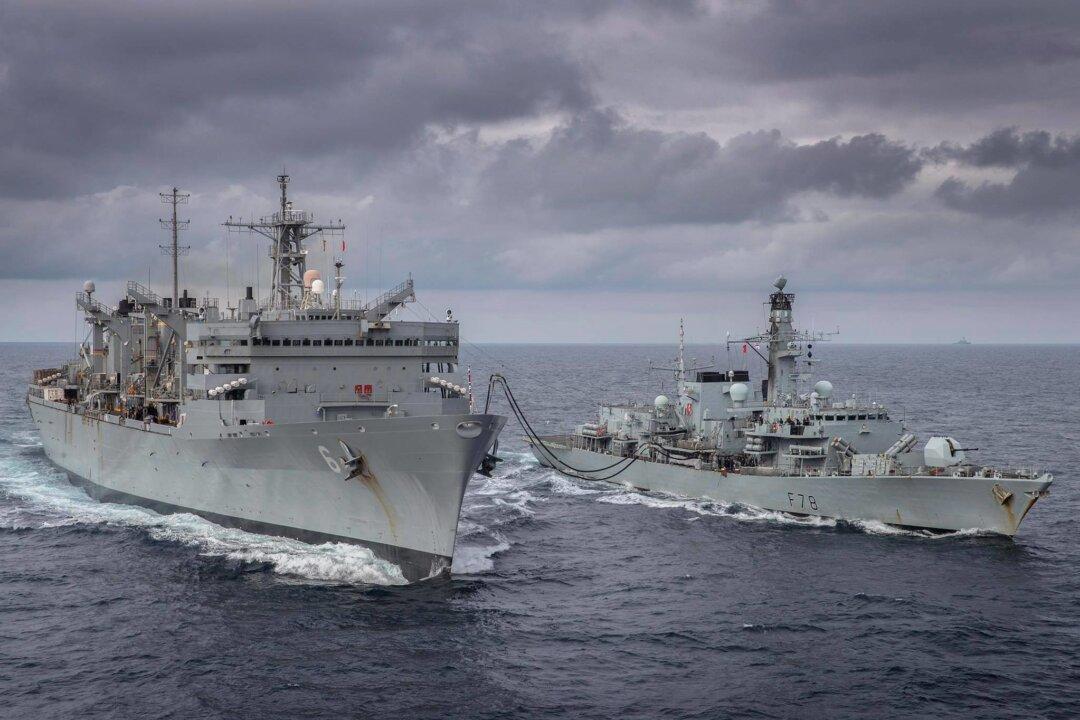The Biden administration unveiled its national strategy for the Arctic on Oct. 7, underscoring a growing competition with China and Russia in the region.
It’s the first national strategy for the region to be published since 2013, although several departments across the U.S. government, including the Department of Homeland Security and the Army, have published their own strategies more recently.




